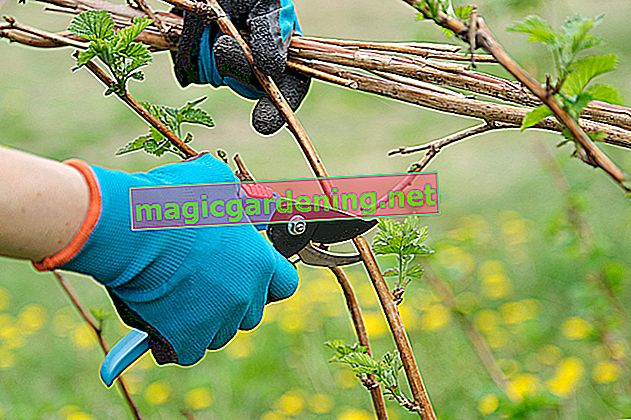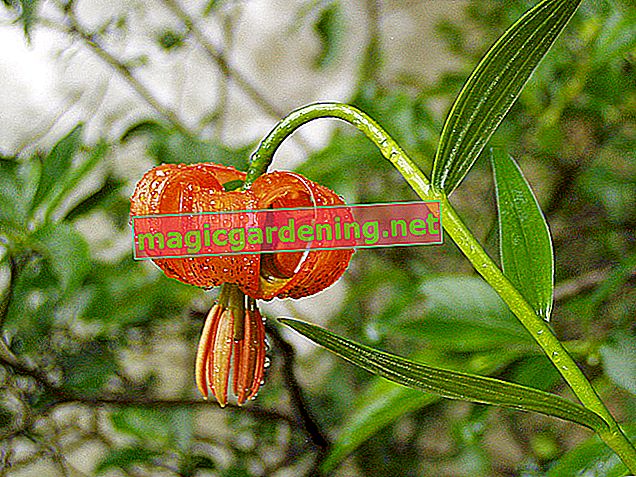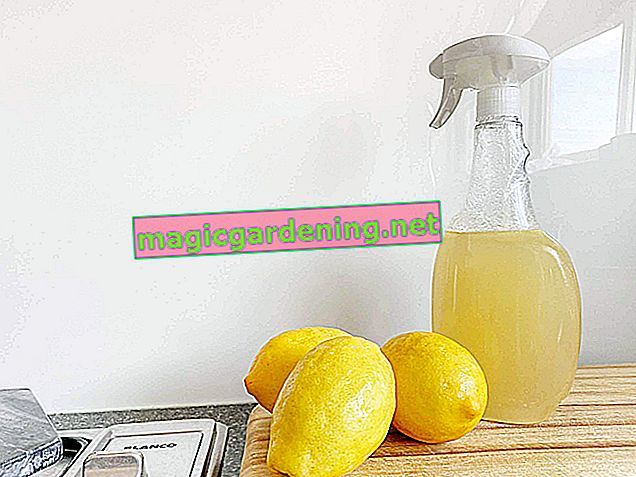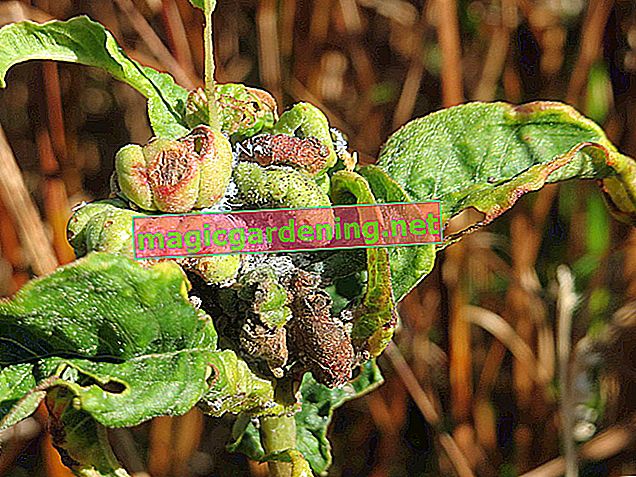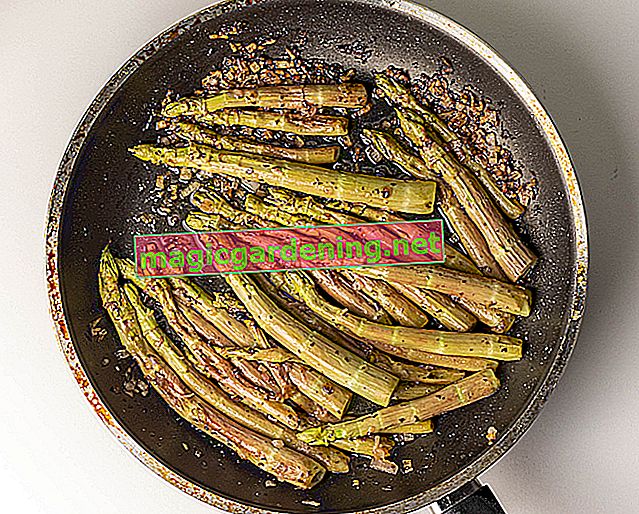
Bellis perennis has a two-year life cycle
Among the 12 Bellis species from the Mediterranean region, Bellis perennis was the only specimen that made its way north in the distant past. In the course of evolution, the distinctive flowering plant developed an ingenious survival strategy for the bitterly cold winters in Central and Northern Europe. The result is growth as a biennial mini perennial with such resounding success that daisies are now among the most famous plants in Europe. The connections in brief:
- In the year of sowing: growth of a green, dense rosette of leaves
- In the following spring: shoots of leafless, upright stems, each with a flower head
- Annual flowering time from spring to the first frost
- Parallel to the flowering period: sowing seeds for reproduction
also read
- Are Bellis hardy? - Tips about the charming daisies
- Can daisies tolerate frost? - Bellis are so frost-proof
- Magical Bellis - information about the flowering period
After the flowering period, a Bellis perennis dies. Since the mother plant had previously provided for numerous offspring by self-sowing, the petite flower festival continues from year to year. The rosette of leaves from which the flower stalks rise in the year after sowing is therefore really hardy up to - 34 degrees Celsius.
Bellis flowers stand up to frost
Bellis flowers benefit from the robust winter hardiness of their green leaf rosettes. The white-yellow ray flowers unfold early in the year when other perennials are still in their winter dormancy. Temperatures down to - 8 degrees Celsius do not prevent Tausendschön from flirting with the first rays of sunshine. In rainy weather or freezing frost, the clever mini perennials quickly close their flower heads and wait for the next sunny day.
Hybrids need winter protection
The wild daisies can mainly fall back on a stable winter hardiness of up to - 34 degrees Celsius. Cultivated forms such as the lushly filled daisy 'Roggli' have lost their tolerance to frost. In the bed, a thick layer of leaves protects against frostbite. We recommend a cover made of winter fleece or bubble wrap in the tub and box.
Tips
In the course of its long flowering period, daisies bring us very healthy delicacies. Resourceful housewives know how to use the flowers, leaves and buds as delicious ingredients for salads, desserts and drinks. Prepared as a tea, Tausendschön alleviate agonizing stomach problems and annoying coughs.

